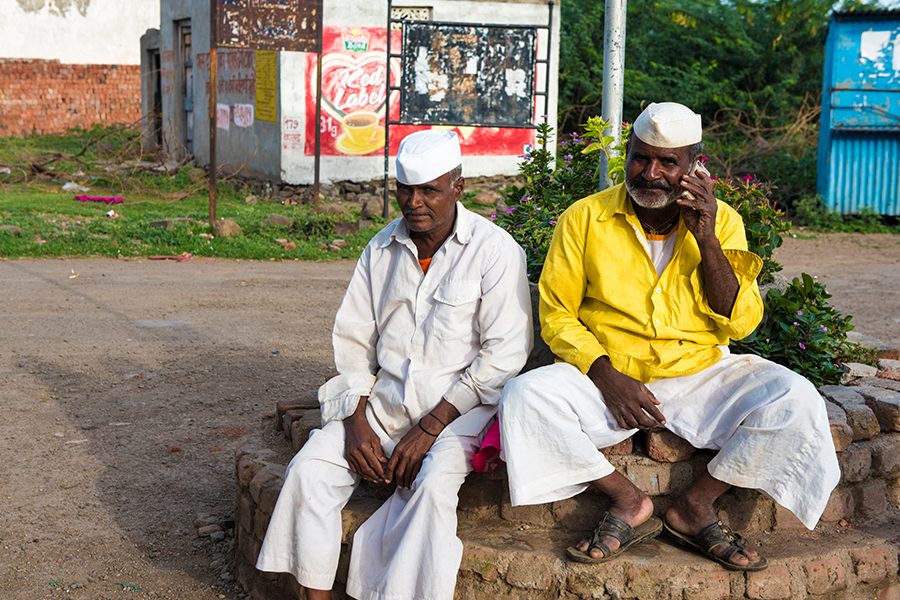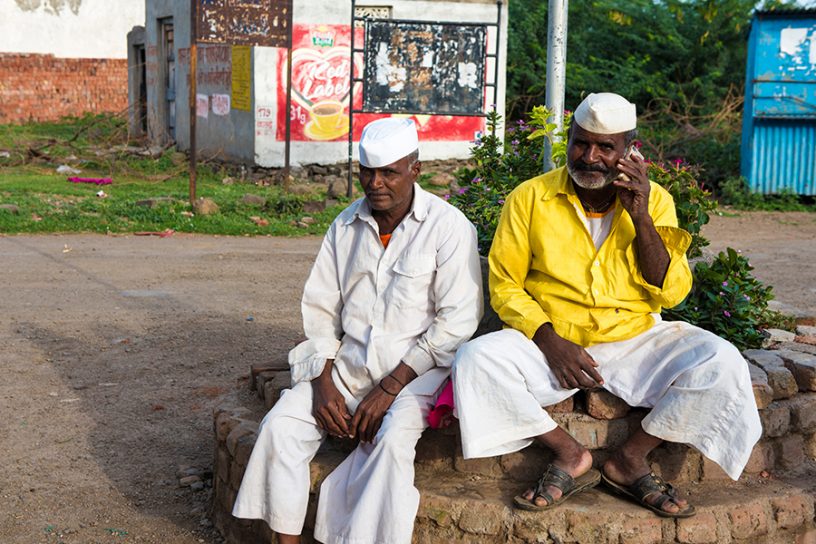
Compared to other castes and communities in Maharashtra, the Marathas have a higher proportion of the rich and wealthy and the lowest share among the poorest and poor, finds the study.
Authors
Sumeet Mhaskar, Associate Professor, Jindal School of Government and Public Policy, O.P. Jindal Global University, Sonipat, Haryana, India.
Rahul Suresh Sapkal, Ashank Desai Centre for Policy Studies, Indian Institute of Technology Bombay, Maharashtra, India.
Summary
In recent years, the Maratha community has mobilised for reservations in employment and higher education, claiming that the lack of reservations has resulted in socio-economic backwardness.
Their opponents have largely highlighted the political and economic dominance of the community. This paper examines the income, education and occupational status of the Marathas vis-à-vis non-Marathas while scrutinising the statistical limitations of the Gaikwad Committee report (2018).
Compared to other castes and communities in Maharashtra, the Marathas have a higher proportion of the rich and wealthy and the lowest share among the poorest and poor. It is only in comparison to the Brahmins and other upper castes that the Marathas lag behind in education and employment.
Published in: Economic and Political Weekly
To read the full article, please click here.


